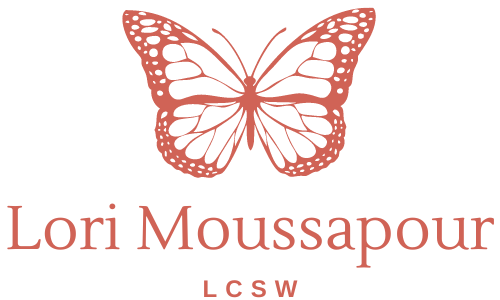Her Quivering Lips...
I see the waiter approach our table briskly, “Mam, I am so sorry but the salad actually does have eggs in the dressing.” My daughter, about to take her second bite into the salad, freezes. Her lips quiver, fighting back tears she asks, “Mommy, am I going to be ok?” I remember intensely figuring out how to offer her the reassurance and hugs she needed while gathering the information I needed to determine if I needed to initiate an emergency response protocol. Oh those quivering lips… I know them well. I remember her at 4, watching my husband and I sort through her Halloween bounty, eyes filling with tears as she watched her pile grow smaller and smaller and the one we’d donate to the soldiers overseas grew larger. Then at 6, those beautiful lips gently fluttered as she forced a smile, stuck to my leg at a gym-based birthday party, afraid to run around with abandon, because everyone ate cake and the host didn’t ask for hand washing after the treat. Living with a food allergy comes with compromise and sacrifice and at times tremendous disappointment.
The negative feelings that arise from exclusion or anxiety are familiar and frequent to food allergy sufferers everywhere. While I would never celebrate them, I can find ways in which such repeated negative experiences also may have some positive consequences. Fear of an allergic reaction informs vigilance and that vigilance can be protective for those living with food allergies. We become great label readers and skilled investigators when dining out! We learn, for instance, that more often it is wise to speak directly with chefs instead of wait staff, especially at large venues, such as weddings or cruise ships. Repeated inability to fully take part in typical childhood rituals, while painful, also builds resilience and acceptance around what must be a way of life! Every child who at first cries through saying no thank you to cupcakes, Halloween candy or Thanksgiving stuffing, eventually learns to stay centered and comfortable when declining a treat. More importantly, in my experience I have also noticed that these same children can potentially develop an age-defying sense of perspective, compassion for others and can much more readily delay gratification and self-regulate. You don’t have to dig deep to find popular psychological theories asserting that the ability to delay gratification and self-regulate have academic, professional and personal advantages.
I don’t wish a food allergy on anyone, nor does recognizing the positive outcomes of such life experience delude me into gratitude for it. But, if my child has to live with food allergies, I will celebrate how her challenging journey has also contributed in some way to her beautiful and strong character - her resilience, her perspective, her ability to walk her own walk despite what the crowd is doing , her compassion for others, and most pragmatically, her resultant vigilance about what she eats.
I challenge you to make a list… how has your child’s journey with food allergies contributed to something helpful, beautiful or strong in his or her character?

